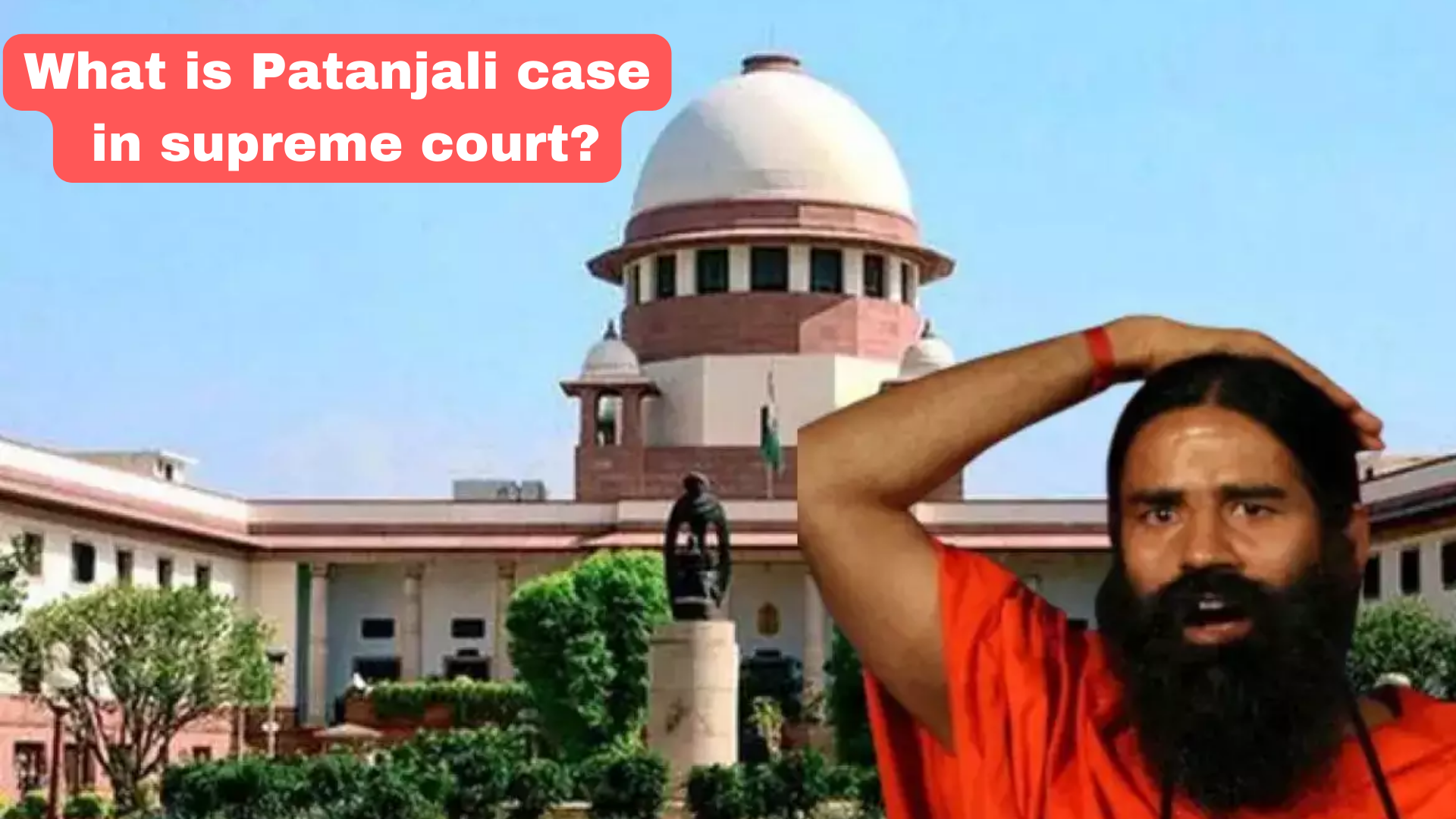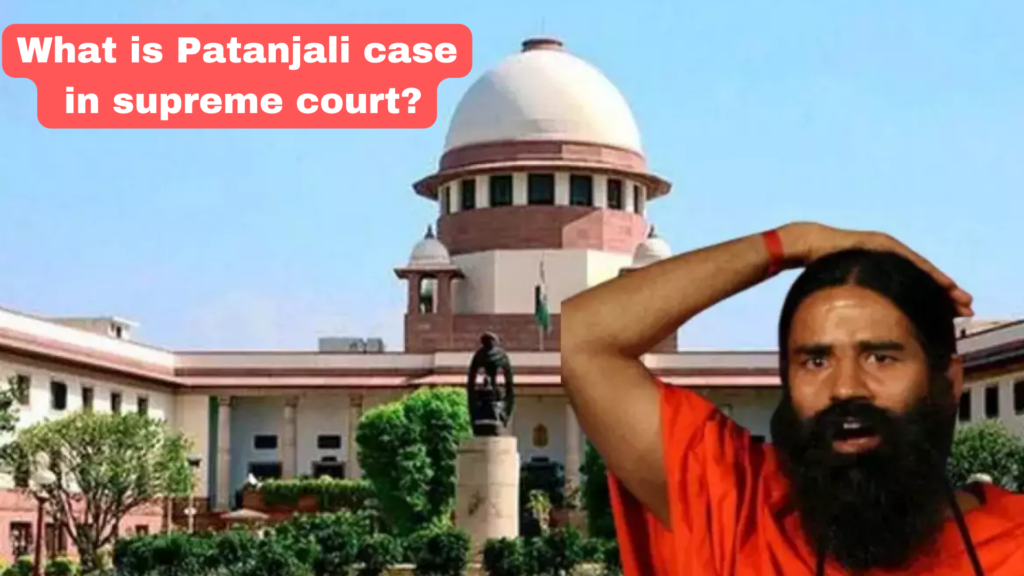

What is Patanjali case in supreme court?
The recent developments in the contempt case against Patanjali founders Ramdev and Balkrishna have brought to light a concerning issue of misleading advertisements claiming to cure incurable diseases. The Supreme Court’s rejection of the second unconditional apology offered by the founders has underscored the gravity of the situation and the need for accountability.
Also Read: Why Tesla Stock Struggle, What UBS New Survey Reveals? (investonomic.co.in)
The case, initiated by a contempt petition filed by the Indian Medical Association, revolves around Patanjali’s persistent airing of misleading ads despite assurances to the court to cease such practices. The court’s refusal to accept the apology from Ramdev and Balkrishna stems from their apparent lack of sincerity and attempts to evade personal appearance by falsely claiming to be traveling abroad. The bench’s accusation of perjury against them reflects the seriousness with which the court views their actions.
Also Read: How SEBI Impose Rs 12cr Fine on Ravindra Bharti for Promisin (investonomic.co.in)
Moreover, the court’s criticism of the Uttarakhand State Drug Licensing Authority for its failure to take action against Patanjali is significant. The authority’s collusion with the company and its neglect in enforcing the Drugs and Other Magic Remedies (objectionable advertisements) Act, 1954, have raised concerns about regulatory oversight and accountability. The court’s directive to officials of the authority to explain their inaction and warning of severe consequences highlight the need for accountability and enforcement of laws to prevent misleading advertisements that can harm public health.
The court’s stance on the issue sends a strong message about the importance of upholding truth in advertising and protecting consumers from false claims. By holding both the company and regulatory authorities accountable for their actions, the court sets a precedent for ensuring transparency and ethical practices in the advertising industry. The rejection of the apology and the scrutiny of officials demonstrate the court’s commitment to upholding justice and safeguarding public interests.
Also Read: शून्य निवेश; बिजनेस आइडिया और निष्पादन रणनीति रणनीति (investonomic.co.in)
In conclusion, the contempt case against Patanjali founders Ramdev and Balkrishna sheds light on the challenges posed by misleading advertisements and the need for stringent enforcement of laws to prevent such practices. The Supreme Court’s actions underscore the importance of accountability and transparency in advertising to protect consumers and uphold ethical standards in the industry.



